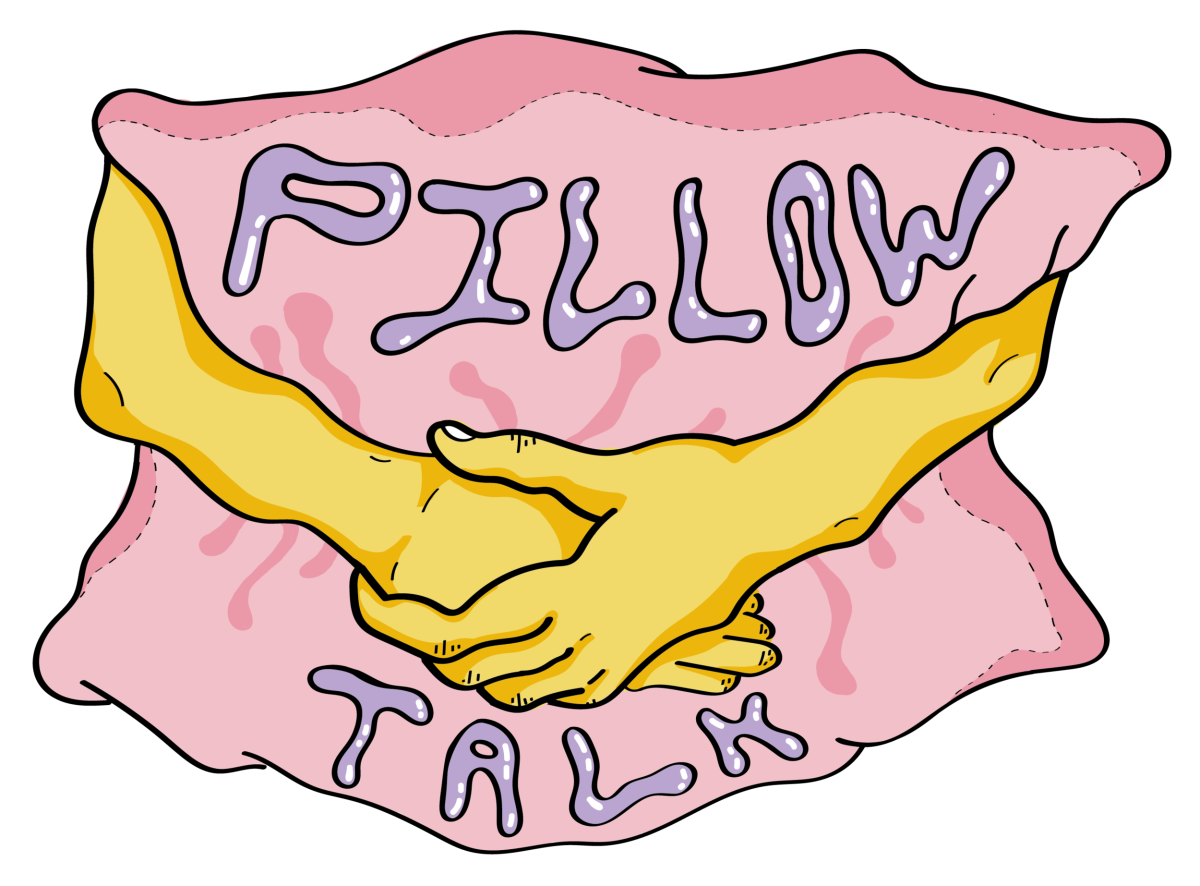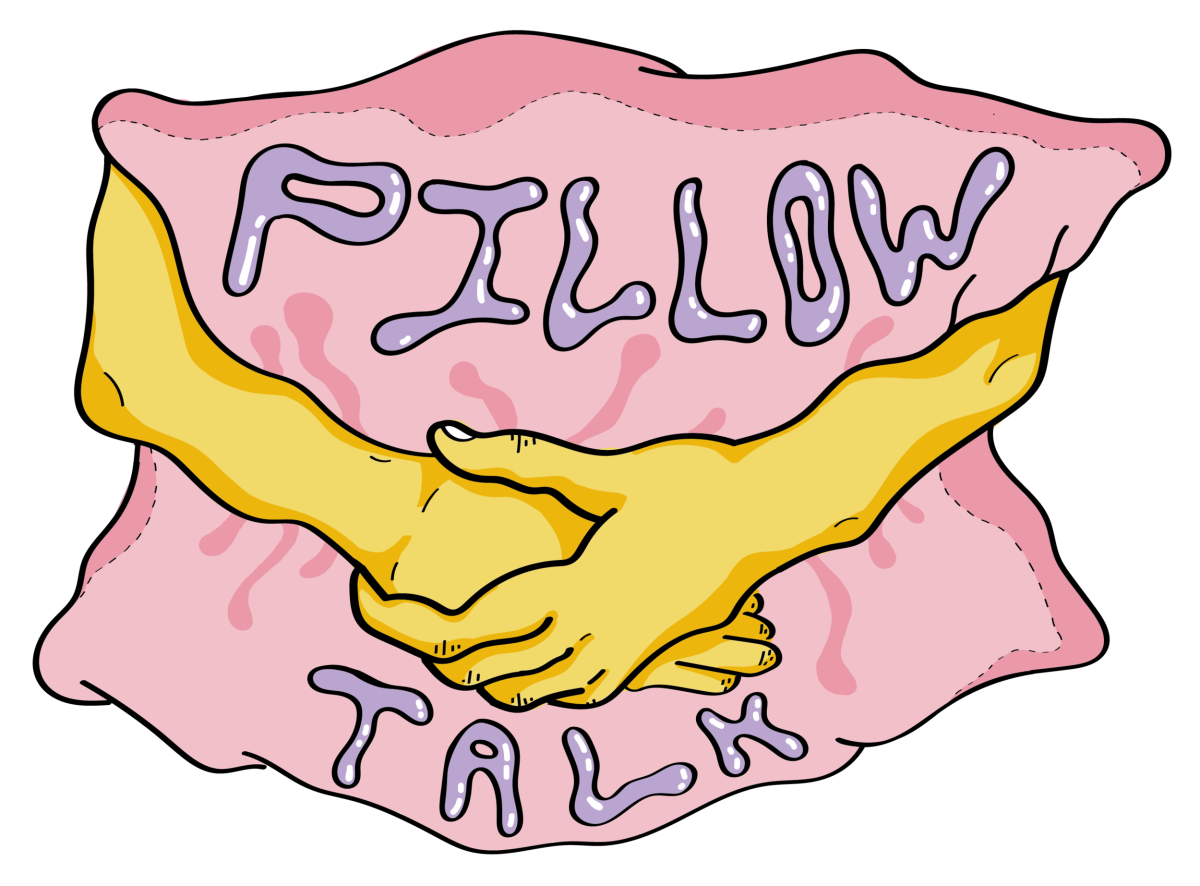Hey Pillowtalk,
How do I know if I orgasmed?
The easy answer is IYKYK (if you know you know), but that definitely doesn’t address the reality of the situation for a lot of people: orgasm is an elusive, occasionally over-hyped aspect of sexual pleasure that can be stressful to navigate.
Physiologically, orgasm is marked by a series of muscle contractions in the genitals. This includes pelvic floor muscles, the penis and testes, or the uterus, vagina, and clitoris (among others). So, in short, you can probably recognize an orgasm as a series of uncontrollable genital muscle spasms. It’s the same kind of “squeeze” as stopping your pee and the same kind of “push” as sneezing or coughing. Orgasms last only seconds, though, so they can be a little hard to parse out.
Luckily, for most people with penises, orgasm and ejaculation go hand-in-hand, so there’s a pretty clear physical marker for an orgasm. For most people with vaginas, it’s a little more unclear. Most people experience a “refractory period” after orgasm where it’s difficult to become aroused again and the genitals (especially the clitoris) become overly sensitive.
For some people with vaginas, the point just before orgasm can feel like you need to pee really badly, and that can scare people to the point of stopping, which obviously prevents the orgasm from happening. If this sounds like your experience, lay down some towels to make yourself more comfortable (in case you do “squirt”) and try to ride out the feeling. Pushing “out” instead of pulling “in” with your pelvic floor muscles can help with the release.
If you’re not sure if you’re having an orgasm, there could be a few things going on. You might be experiencing anorgasmia, which is just the inability to orgasm. There are lots of ways to treat anorgasmia, and a lot of them have to do with slowing down, being more “selfish” in sexual situations (make it about YOU sometimes!), and feeling more desirable. It might also be that you’re having orgasms without pleasure (“anhedonic” orgasms) which have all the contractions of an orgasm without the happy good feelings—though this is pretty rare.
You may also just be having pretty mild, calm orgasms. Not all orgasms are the huge, explosive, screaming kind you might expect, and different kinds of sexual activity and context can lead to orgasms having very different subjective experiences.
I recommend playing around. Find some toys and vibrators that seem promising, stock up on lube, explore different kinds of media to get yourself in the mood, and take your time working up to a peak—then see if you can push yourself off of it with consistent, patient stimulation.
Lastly, remember that yeah, orgasm is pretty great, but it isn’t what makes sex good. There’s plenty to enjoy about sex without worrying about orgasm, and for a lot of people, the pressure to orgasm can make it even harder to get there. Be patient with yourself, have fun with it, and try to make sex an exploration instead of working towards an end goal.



















